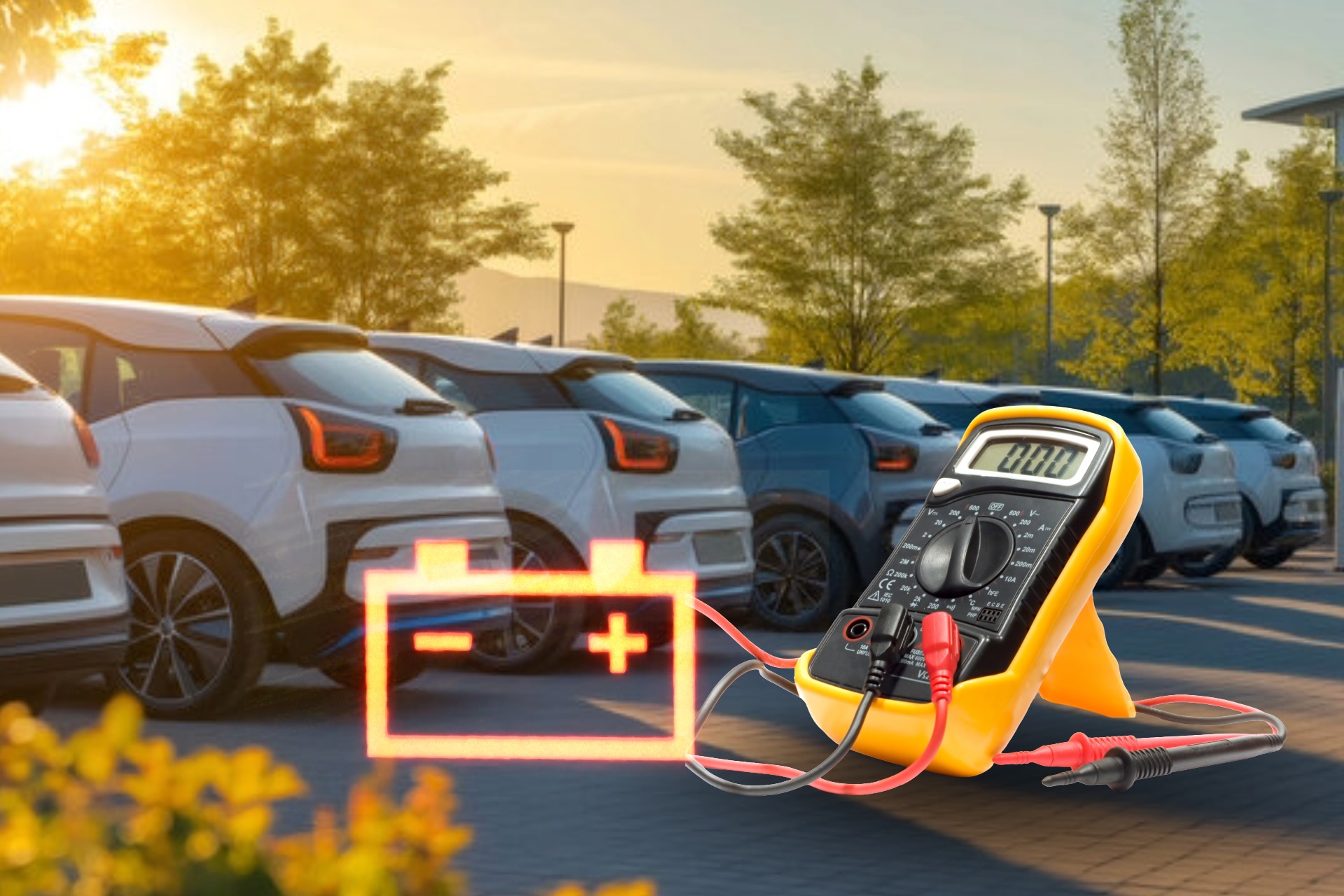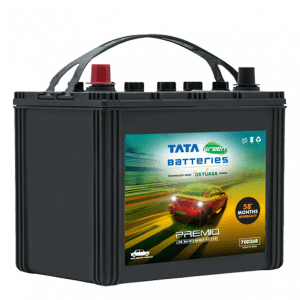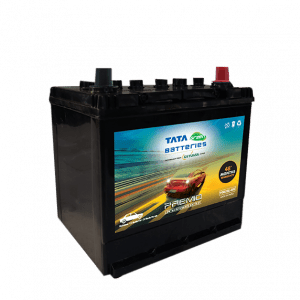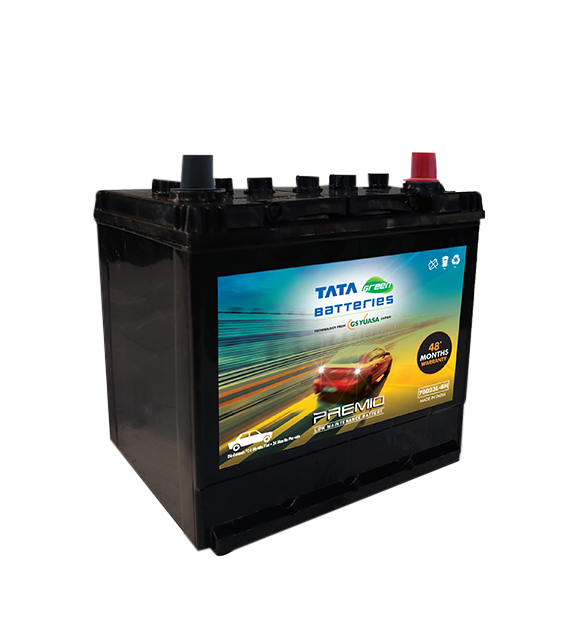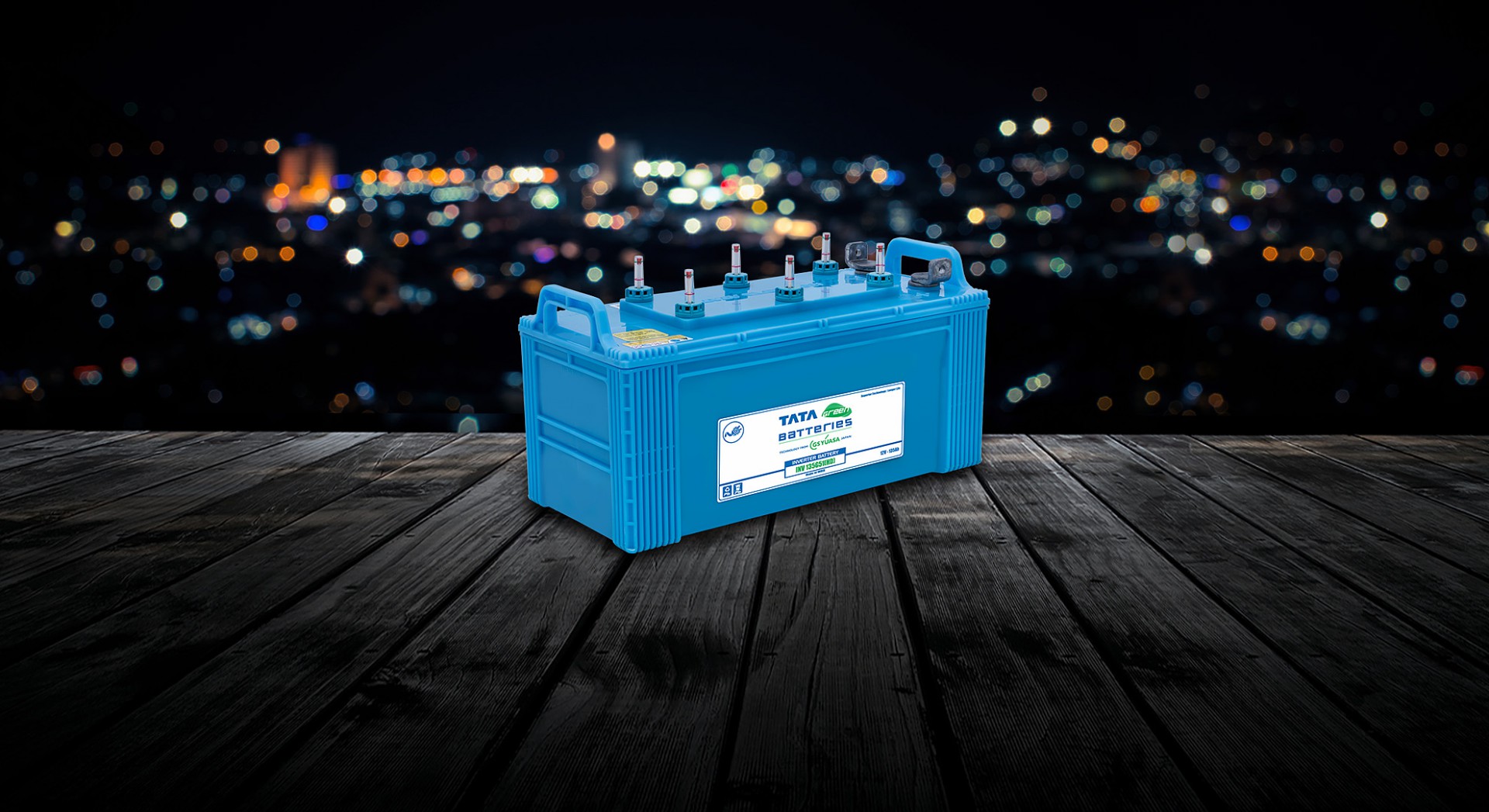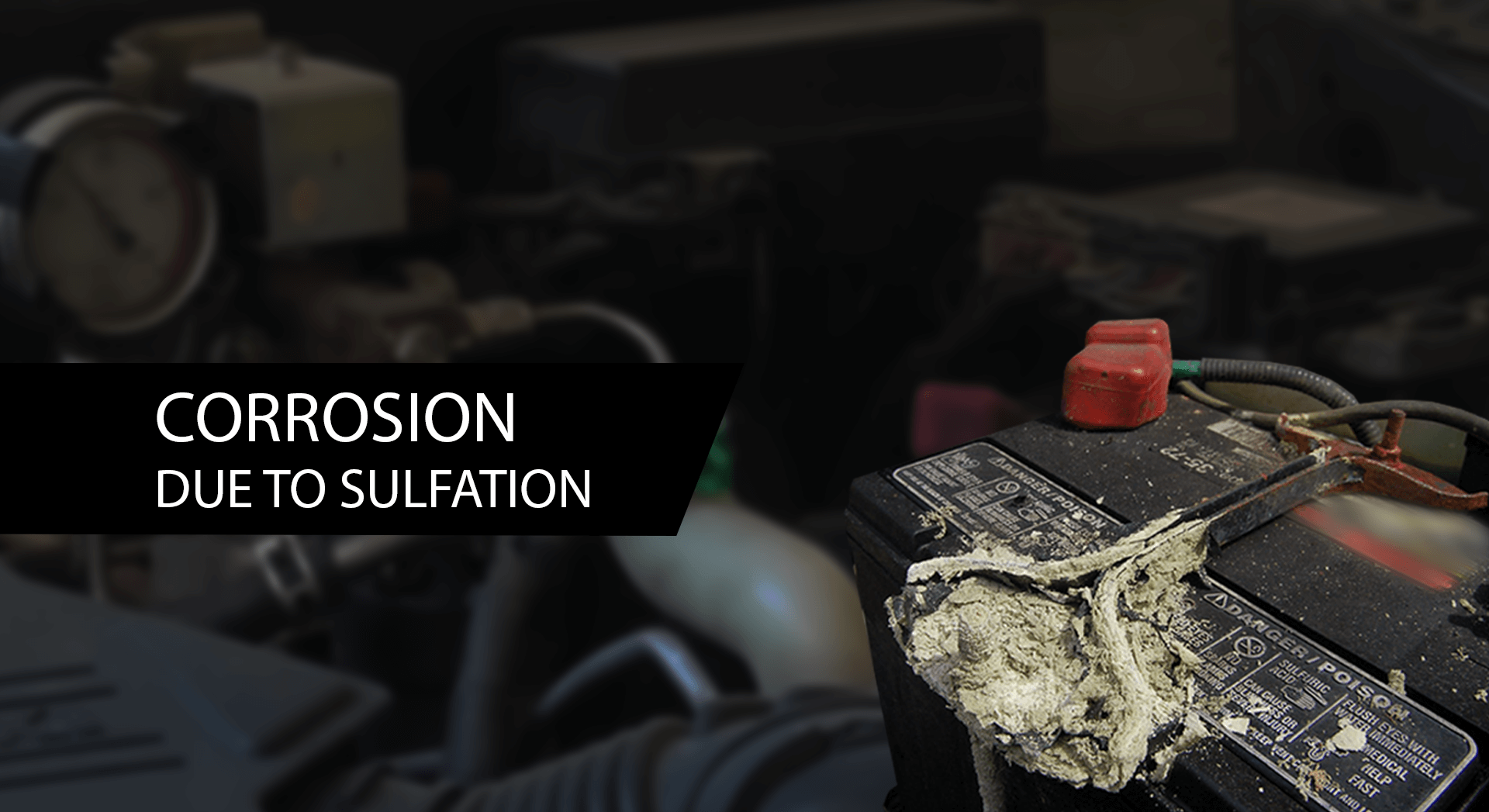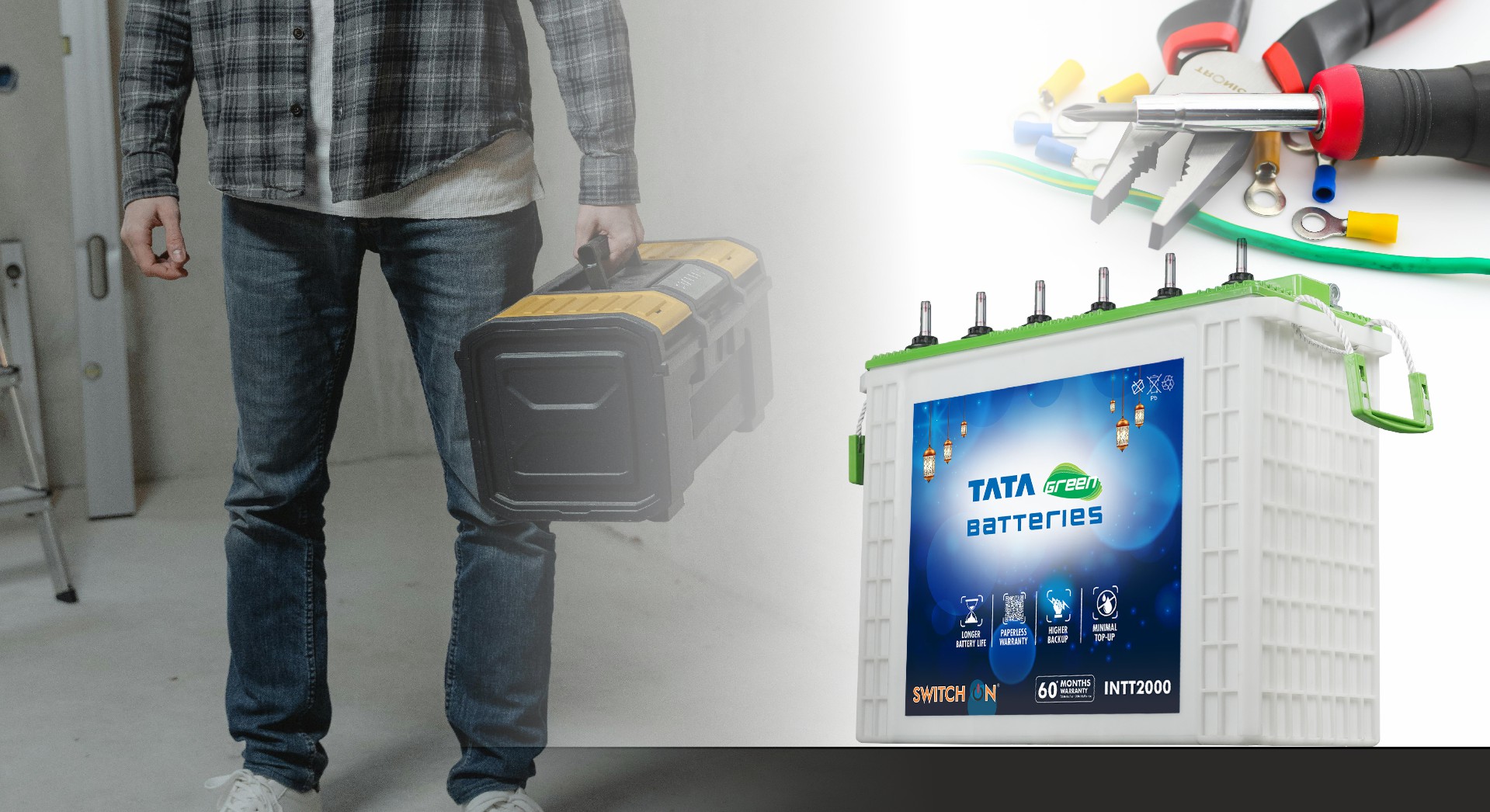Batteries are the heartbeat of heavy-duty trucks, buses and other large vehicles. They power not just the ignition system but also the lights, air conditioning and various electronics that keep the vehicle running smoothly. For fleet owners and drivers, proper maintenance of a heavy commercial vehicle’s battery is essential to avoid breakdowns and costly replacements.
In this blog, we’ll cover easy and practical steps to maintain the battery of your vehicle so that it performs well and lasts longer.
Pick the Right Battery
The first step in battery care is choosing the correct one for your vehicle. A commercial vehicle’s battery must be strong enough to handle the high electrical demands of heavy-duty engines. Always check the manufacturer’s specifications before purchasing.
Key points to remember while choosing:
- Battery capacity (Ampere-hours rating).
- Cold cranking amps (important for easier starting in cold weather).
- Compatibility with the vehicle’s size and electrical system.
Investing in the right battery ensures reliability and reduces the chances of sudden failures.
Regular Inspections
Frequent inspections are the simplest way to prevent battery issues. Look for:
- Corrosion around terminals
- Loose or frayed cables
- Any cracks or swelling in the battery casing
Even small issues can quickly become big problems if ignored. A routine check can save you from unexpected breakdowns, especially on long highway routes where help may not be easily available.
Maintain Proper Fluid Levels
Many batteries used in heavy-duty trucks still require periodic top-ups of distilled water. If the electrolyte levels drop too low, the battery plates can be damaged permanently.
Steps to maintain fluid levels:
- Park the vehicle on a flat surface.
- Open the battery caps carefully.
- Check electrolyte levels as they should cover the plates completely.
- Add only distilled water if needed, never tap water.
This simple practice can significantly extend the life of your heavy commercial vehicle’s battery.
Protect Against Extreme Temperatures
Indian climate varies from scorching heat to chilly winters. Both extremes affect batteries.
- High heat accelerates fluid evaporation and can cause internal damage. Try to park in shaded areas whenever possible.
- Cold weather makes it harder for the engine to start and puts extra load on the battery. Ensure your battery has enough charge before starting the vehicle in winter.
Using protective covers and regular checks can help your commercial vehicle’s battery withstand extreme conditions.
Limit Short Trips
Heavy commercial vehicles often operate on long routes, which is good for battery health. However, frequent short trips can be harmful because the alternator doesn’t get enough time to recharge the battery fully.
If short trips are unavoidable, make sure to periodically drive the vehicle for longer durations to recharge the battery properly. This helps maintain efficiency and prevents early wear-out.
Practice Smart Charging
Overcharging or undercharging is a common reason why batteries fail early. Always use the right charging method for your battery type.
Tips for smart charging:
- Avoid overcharging, as it can cause overheating and damage.
- Don’t leave the battery completely drained for long. Recharge it as soon as possible.
- If storing the vehicle for a long time, disconnect the battery or use a trickle charger to maintain a charge.
Proper charging habits keep your heavy commercial vehicle’s battery in good condition and ready for use.
Perform Regular Maintenance
Apart from inspections, regular maintenance ensures longer battery life. Here are some important steps:
- Clean the terminals with a mixture of baking soda and water to prevent corrosion.
- Apply petroleum jelly or anti-corrosion spray on the terminals after cleaning.
- Check the alternator and starter system to ensure they are not overloading the battery.
- Tighten connections so that vibrations don’t loosen them over time.
Routine maintenance is especially important for fleet operators where multiple commercial vehicle battery systems are in use.
Know When to Replace
Even with the best care, batteries won’t last forever. On average, a heavy commercial vehicle battery may last between 3 and 5 years, depending on usage and conditions.
Signs that it’s time for a replacement:
- Engine cranks slowly or struggles to start.
- Headlights and electrical systems seem weaker.
- Battery needs frequent jump-starts.
- Swelling or leakage from the casing.
Replacing a weak battery on time prevents roadside breakdowns and saves money in the long run.
Final Thoughts
Maintaining a commercial vehicle’s battery isn’t complicated; it just requires regular attention and some simple habits. From choosing the right battery and checking fluid levels to protecting against extreme temperatures and knowing when to replace, each step plays an important role in keeping your vehicle on the road.
For drivers and fleet owners, investing time in battery care means fewer breakdowns, better reliability and improved efficiency. After all, in the world of heavy-duty vehicles, a strong and dependable battery keeps everything moving smoothly.

